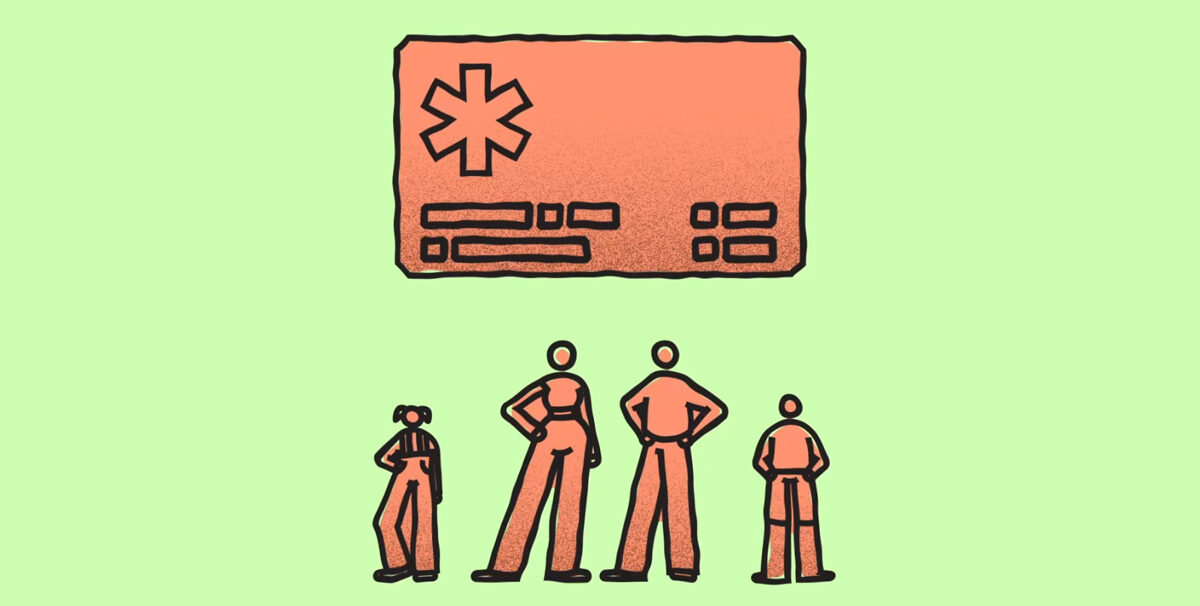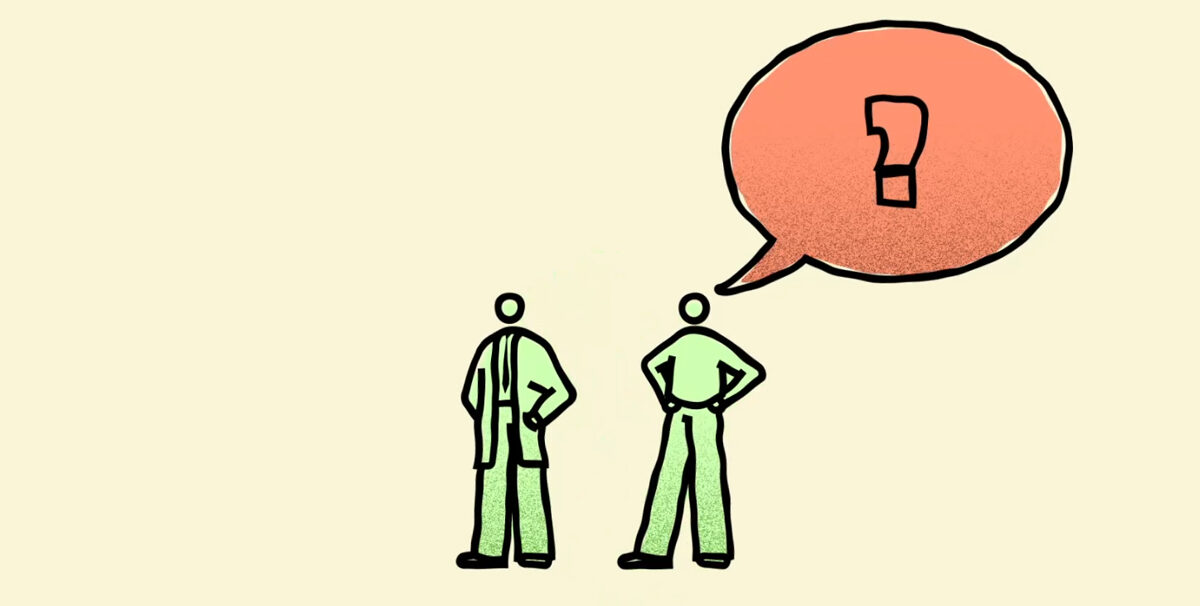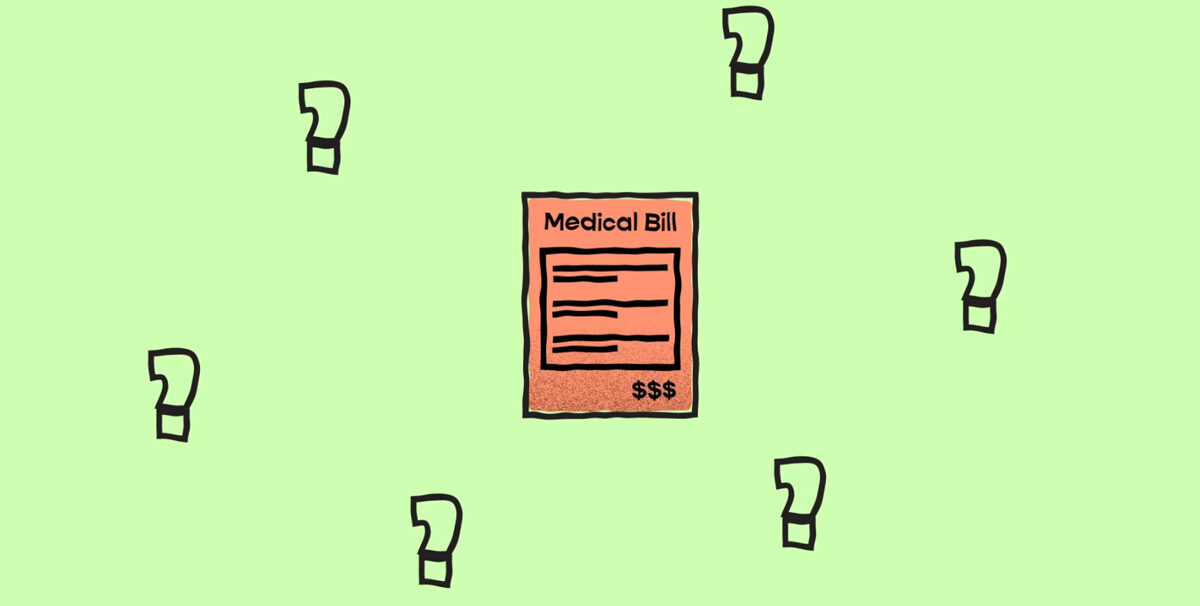Prioritizing Your Emotional Well-being During the Holidays
While the holiday season and end-of-year festivities can be fun, they can also be stressful and take a toll on your emotional well-being. Putting your emotional wellness on the backburner may cause mood changes and feelings of irritability, hopelessness and isolation. Consider the following tips to help prioritize your emotional well-being during the holiday season:
- Practice healthy habits – maintaining a consistent sleep schedule and eating a balanced diet will help ensure you have enough physical and mental energy to tackle responsibilities and challenges.
- Stick to a routine – It’s important to keep a daily schedule for both work and personal time. Checking items off your to-do list can also help you feel accomplished on a daily basis.
- Decrease caffeine and alcohol use – Although alcohol and caffeine often appear at celebrations, these substances can provoke feelings of depression, anxiety or other mental health challenges.
- Maintain your boundaries – Your calendar may quickly fill up with work, personal and social events. Get comfortable saying “no” and reducing extra activities or tasks so you aren’t overloaded.
- Incorporate positive activities – Get into the habit of taking care of yourself and doing activities that make you happy. During a fast-paced month, it’s vital to slow down and prioritize self-care.
- Recognize your holiday stress triggers and relievers – Financial pressures and personal demands are common triggers. Stress may cause you to lean on harmful stress relievers and fall into unhealthy habits like smoking or drinking. Becoming aware of your triggers and unhealthy coping mechanisms allows you to prepare healthy strategies to reduce stress.
It’s essential to stay in tune with your feelings and care for yourself. If you have concerns about your emotional well-being, contact a mental health professional or call the Substance Abuse and Mental Health Services Administration’s National Helpline at 800-662-HELP (4357).Prioritizing Your Emotional Well-being During the Holidays American Psychological Association poll revealed that nearly 9 of 10 Americans anticipate excessive stress during the holidays.
Giving Your Favorite Recipes a Health Makeover
Food is part of holiday traditions, and your family may look forward to certain recipes. Luckily, there are some ways to make your favorite recipes a bit healthier. Consider these ways to transform your holiday recipes:
- Fat—When baking, use half the butter or oil and replace the other half with unsweetened applesauce, mashed banana or Greek yogurt.
- Salt—Gradually cut back the salt to see if you can taste the difference. You can reduce salt by half if baked goods don’t require yeast.
- Sugar—Reduce the amount of sugar by one-third to one-half. Instead, add spices like cinnamon, cloves, allspice and nutmeg, or vanilla or almond extract to boost sweetness.
Healthy swaps can also increase the nutritional value of your classics. Get creative and experiment with other ways of creating healthy recipes for your most beloved holiday traditions.
Sugar Substitutes:
- Stevia – Swap out 1 cup of sugar for 1 teaspoon of stevia
- Coconut Sugar – Use an unrefined sugar cup for cup
- Honey – Add in a quarter of the amount of sugar listed
Making the Most of the Season
Fall is a season of transition, making it a good time for building resilience and practicing mindfulness. Trees shed their leaves, and the days grow shorter; this natural process may mirror personal lives, where change is inevitable. Consider the following ways to work with the energy of fall to amplify your mindfulness practice:
Poor Sleep in Your 40s Can Accelerate Brain Age
Sleep is good for your overall health, and new research focuses on how it’s important for brain health too. Researchers from the University of California San Francisco and other institutions found that sleep deprivation can make the brain age faster. The study revealed that people in their 40s with poor sleep quality have a brain age that’s 1.6 to 2.6 years older by the time they’re in their 50s, compared to those who consistently get quality sleep. To combat this, focus on building healthy sleep habits. Try to fall asleep and wake up at the same time every day, aiming to get at least seven hours of sleep. Cultivate a quality sleep environment by keeping the room cool, dark and quiet and avoiding devices before bed. If you have concerns about your sleep habits, talk to a doctor.
Holiday Blues or Seasonal Affective Disorder?
Holiday demands, gatherings, decorations, and other emotional and financial stressors can leave people anxious and exhausted. As such, some people experience short-term holiday blues or holiday depression. Conversely, during this time of year, others may be battling seasonal affective disorder (SAD), a form of major depression.
Individuals with a prior mental health condition may be especially prone to holiday depression. A National Alliance on Mental Illness poll revealed that more than 6 in 10 people (64%) with an existing condition say the holidays make their condition worse. Holiday depression and SAD can be difficult to distinguish from one another, but the duration and severity of symptoms are usually the best clues:
- Holiday depression can start around November or December and lift shortly into the new year. The symptoms are typically mild and include changes in appetite, weight, and sleep patterns, irritability, worry or anxiety, difficulty concentrating, and feeling more tired than usual.
- Season affective disorder typically occurs for 40% of the year, starting late fall or early winter and lasting until the spring or summer. Symptoms are often more severe and debilitating
Embracing a Digital Detox
Beyond work, people depend on technological devices for information, communication and entertainment. However, constant attachment to devices can have harmful effects on your mental health. To combat these issues, you may consider a digital detox or a disconnection from devices or social media for a defined duration. Begin your digital detox by determining which behaviors you’d like to address and creating a plan that works for you. Try these strategies for an effective digital detox:
- Turn off notifications. Notifications are distracting and can hinder productivity.
- Start your day tech-free. Instead, use the first hour of the day for activities such as exercising, spending time outside or preparing a healthy breakfast. The goal is to create a morning routine that sets a positive tone for the day and supports brain health.
- Take periodic breaks from technology. Eliminating the use of all digital devices may not be realistic, especially if you use them for work. Instead, set limits for how much time you spend on social media each day or designate certain times for phone use.
- Create gadget-free zones. To be more present in your day, designate specific areas in your home, such as the dining room and bedrooms, where gadgets are not allowed. With a digital detox, you can break unhealthy habits and embrace more balanced, healthier alternatives. For further guidance, contact a mental health professionals.





